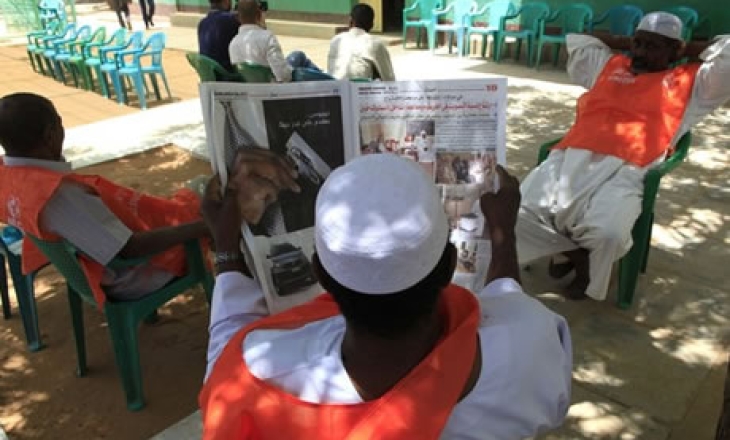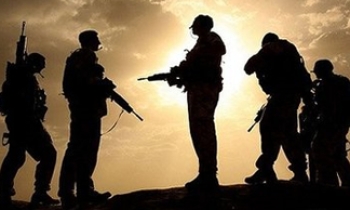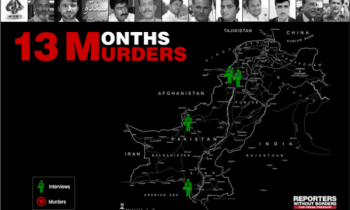Sudan has lifted censorship of newspapers. National Intelligence and Security Service NISS Chief Mohamed Atta announced this on Saturday, according to the state-run Sundan Media Centre.
NISS said it had observed that the "newspapers have committed to principles and guidelines set for publicity such as being précised (sic) on information set for publicity and observing national interest of the state as to respecting neighboring relations, avoid provoke ethnical seditions and call for secession. NISS chief thanks editors of many newspapers for he said have become cooperative in facilitating NISS mission. However he said the NISS reserved constitutional right to impose censorship if there was a necessary for use of that right."
The system of pre-publication censorship, under which NISS agents visit offices of newspapers at night to screen copies prior to publications and expunge contents deemed controversial, has been practiced on and off since February 2008.
Describing the system, the acting editor-in-chief of Ajrass al-Hurriyah newspaper, Faiz al-Silaik, told the New York-based Committee to Protect Journalists (CPJ) on June 7 that "in Sudan, the security officer is the editor-in-chief. He decides what runs in the paper and what doesn’t."
SMC quoted the head of the NISS’s media department as saying that the NISS “reserves its constitutional right to re-impose partial or complete censorship whenever the necessity to do so arises.”
“Censorship is unconstitutional and illegal to begin with,” Amar Awad, who heads the freedoms committee of the Sudanese Journalists Network (SJN), a local group of journalists dedicated to defending press freedom, told the Sudan Trbune website in response to the NISS’s claims of “a constitutional right” to impose censorship. Awad said that “press freedom is not a grant by the NISS, it is our right and that right has been given back to us”
“We welcome the decision but we also think it is incomplete in view of the fact that there are still newspapers under suspension and journalists in prison.” Amar added. His remarks referred to the case of Ra’y al-Sha’b newspaper which was shut down in May for publishing a report alleging that members of Iran’s Revolutionary Guards had set up a weapons factory in Khartoum to manufacture arms intended to be supplied to Islamists in Somalia and Hamas movement. Three of the paper’s journalists were arrested, reportedly tortured and put on trial. On July 15, the three journalists received prison sentences ranging from two to five years.
“It is a mistake that has been corrected” says the managing editor of Al-Ahdath daily newspaper, Osman Fadul Allah, told Sudan Tribune about the decision to cease censorship. “But the mistake could be made again” he adds. Osman said that “as long as the government can’t stomach and respect the role of the press and as long as some of those in the government continue to view the press as their enemy, the specter of censorship will remain hanging over the heads of Sudanese journalists”
Sudan stepped up censorship in February 2008 after some journalists excoriated the government for backing a failed putsch by Chadian rebels to storm the capital Ndjamena and overthrow President Deby. The practice was suspended in October 20 as the country was approaching national elections in April 2010 and after chief editors of newspapers were forced to sign a journalistic code of honour obliging them to refrain from the publication of any content that crosses red-lines. These red-lines, in the words of President Al-Bashir, are anything "destructive to the nation, sovereignty, security, values and morality." But censorship made a comeback last June, less than two months after the country held national elections which were supposed to herald an ear of democratic transformation.










